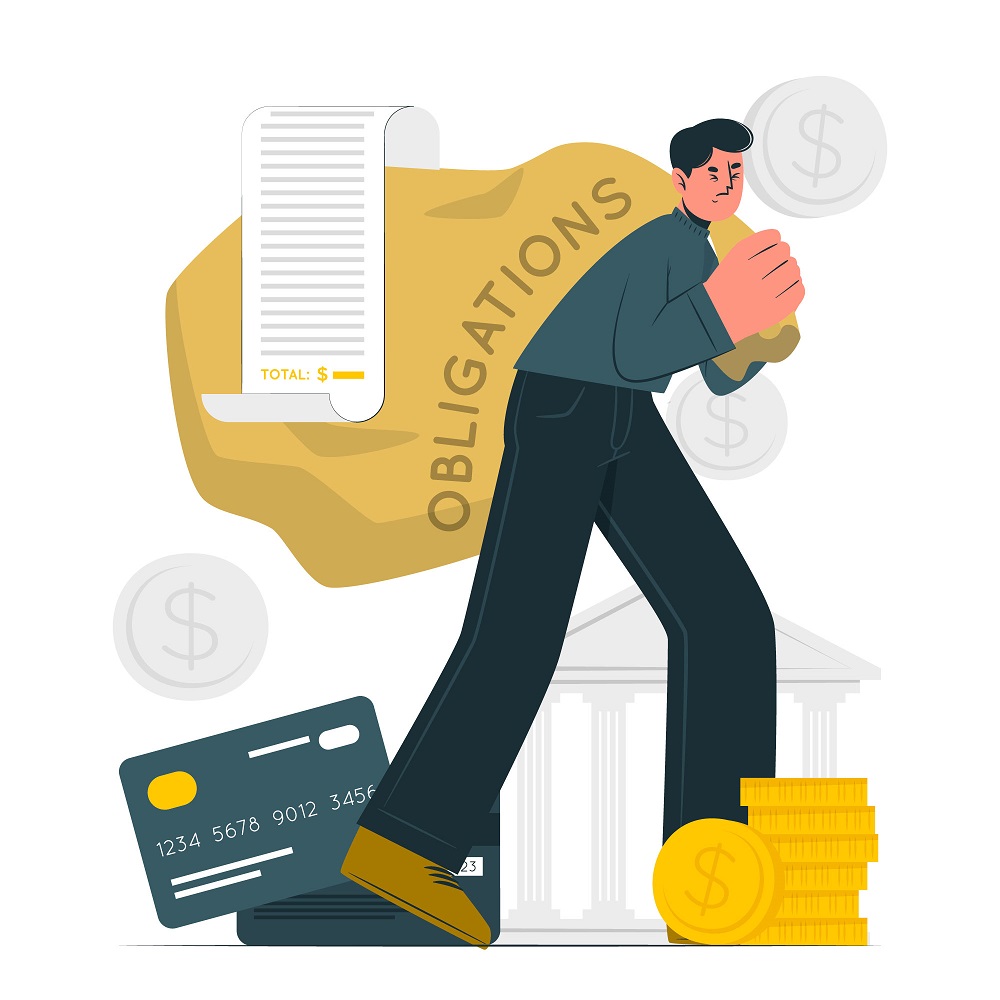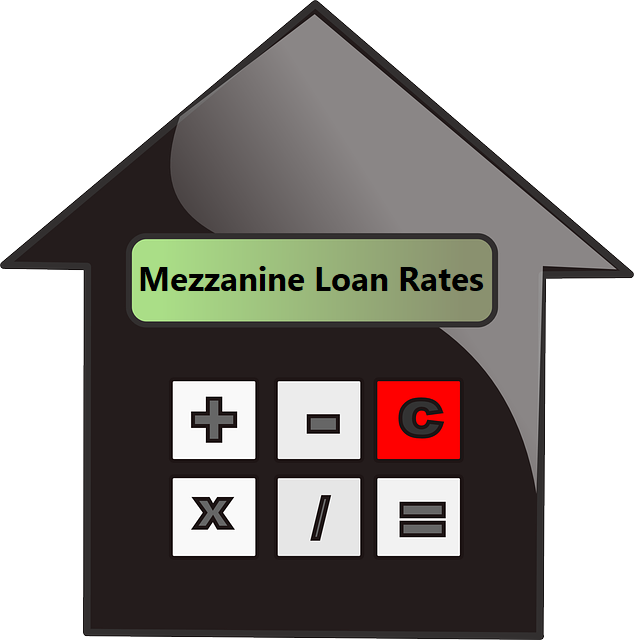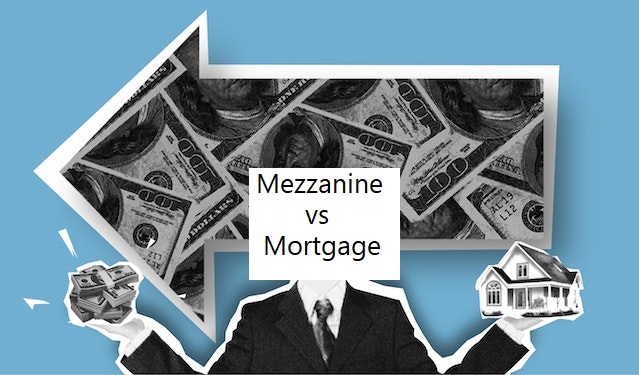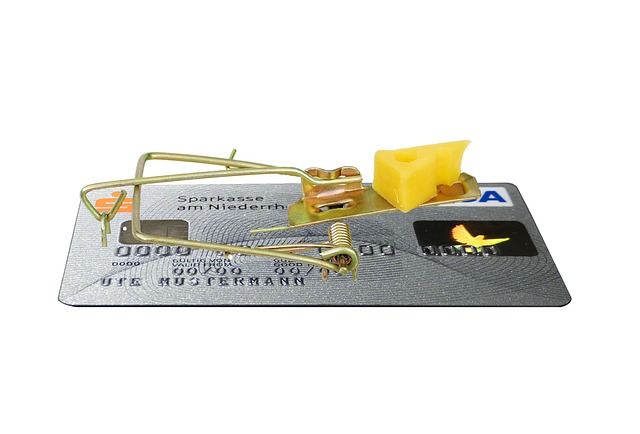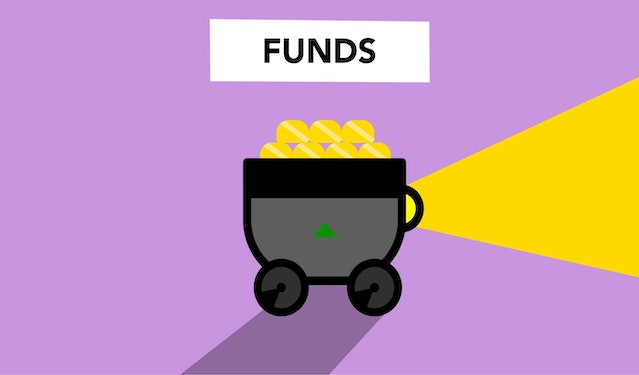What Happens If You Default on a Mezzanine Loan?
Unlike senior debt, mezzanine loans are not directly collateralized by the underlying real estate. Instead, it is secured by a pledge of the mezzanine borrower’s ownership interest in the property owner, which is the entity that owns the underlying real estate. If a borrower defaults, the mezzanine lender can foreclose on the pledged ownership interest and become the new owner of the entity that owns the real estate. Defaulting on a mezzanine loan has significant implications for both borrowers and lenders.

